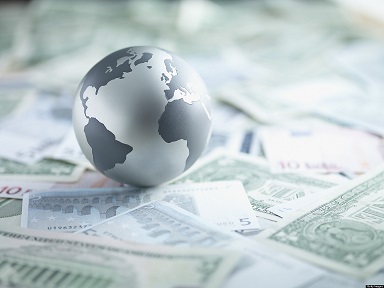Politics of International Trade and Development
Module Description
International trade has historically been and remains one of the most widely debated topics in Political Science and International Relations. The purpose of this module is to identify, map and analyse the key historical, structural, institutional and behavioural correlates of global trade and development.
The module begins by identifying the historical foundations of the global trading system, tracing the emergence of free trade doctrine in the 18th and 19th centuries through to the establishment of the GATT in 1947 and WTO in 1995. Next the module considers competing theoretical approaches and key concepts – hegemony, regimes, institutions, interests and ideas - pertaining to why some states pursue ‘liberal’ trade policies while others are more ‘protectionist’ and why this pattern varies across time and different industries.
The module then goes on, at greater length, to analyse a number of substantive debates concerning the politics of international trade and development in the contemporary period, including the WTO and the regulation of international trade; multilateralism, regionalism and bilateralism; the ‘emerging powers’ and the global trading system; trade governance and the erosion of ‘policy space’; and globalisation, poverty and inequality. The final week will consider the prospects for the global trading order in the aftermath of the 2008 global financial crisis, the rise of the ‘BRIC’ economies, the institutional paralysis of the WTO system and emergence of ‘mega’ trade deals like TPP and TTIP.
Module Objectives
By the end of this module students will be able to:
- Fully identify the strengths and weaknesses of different theoretical approaches to the issues of trade and development
- Demonstrate independent and critical understanding of the most important aspects of international trade, and to show awareness of the relationship between theory and practice therein
- Demonstrate appropriate cognitive, communicative and transferable skills, including understanding complex concepts and theories, exercising critical judgement, making effective oral and written presentations, utilising specialist primary and secondary sources, and deepening the capacity for independent learning.
Preliminary Reading
Rorden Wilkinson (2015) What’s Wrong with the WTO and How to Fix It (Cambridge: Polity).
Amrita Narlikar (2005) The World Trade Organisation: A Very Short Introduction (Oxford: Oxford University Press).
Ha-Joon Chang (2002) Kicking Away the Ladder: Development Strategy in Historical Perspective (London: Anthem Press)
Peter Gourevitch (1986) Politics in Hard Times: Comparative Responses to International Economic Crises (Cornell: Cornell University Press
Assessment
One essay of 4000 words (100% of total mark).
Every year our students' feedback helps us to improve our modules
“The tutor explains the international theory of trade very well both from the angle of politics and economics.”

